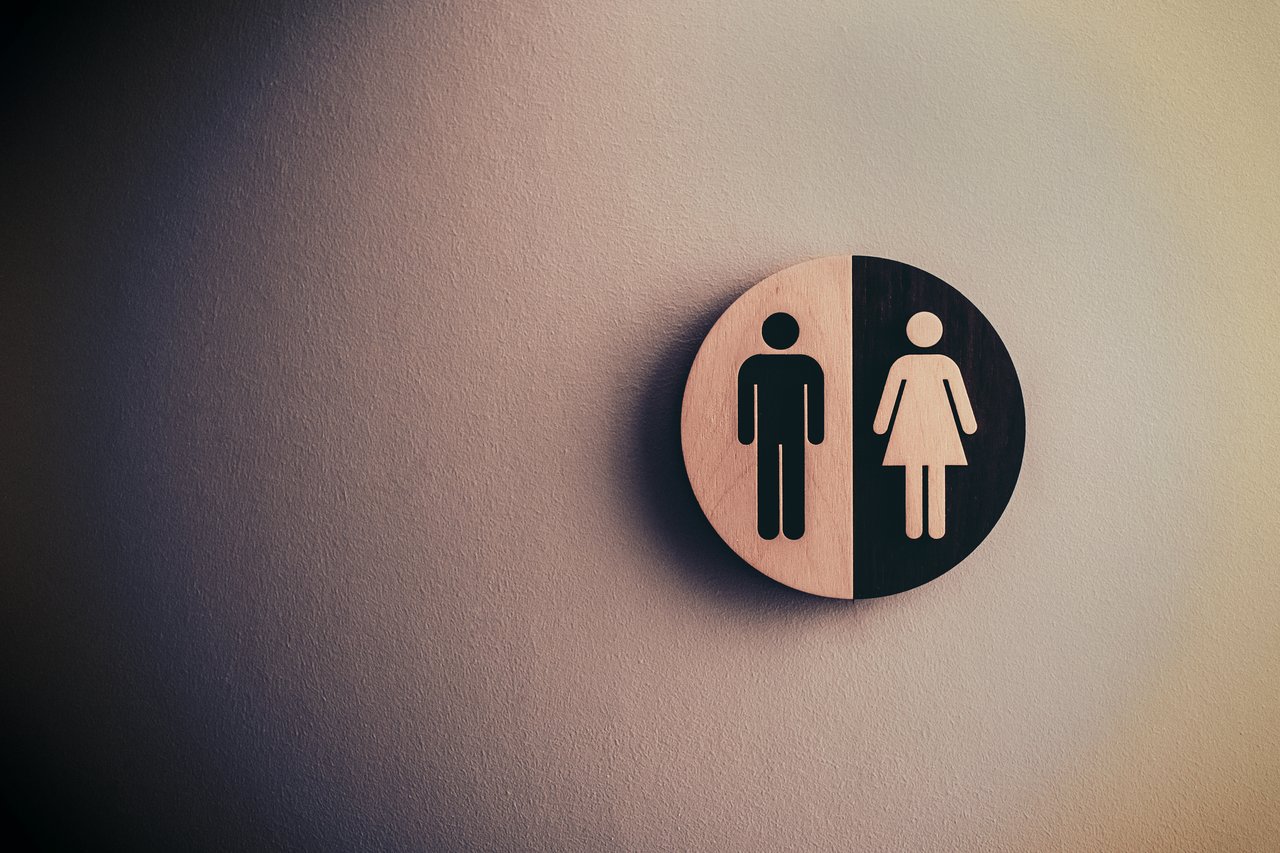An increasing amount of colleges across the United States are testing wastewater to isolate the spread of COVID-19 by identifying carriers even before symptoms manifest.
How It Works
Carriers of SARS-CoV-2 which causes COVID-19 shed particles of the virus in their feces. By analyzing wastewater, places with such particles can be identified. Since colleges have records of the residents of dormitories, it’s easy to identify who needs to be tested.
This solution presents a quicker and more economical alternative to testing entire student populations. People poop in their homes, so there is a high probability that the source of the virus particles would be the residents of the dormitories themselves.
As many as 65 colleges have resorted to analyzing wastewater, according to an analysis by NPR, following examples of success stories that have allowed a safe return to campus in the fall.
Successful Wastewater Testing
In the University of Arizona, the head of the task force for their Fall Reentry, Dr. Richard Carmona, explained during a press conference how wastewater testing in August helped the school isolate two asymptomatic cases.
Wastewater from one dorm yielded positive results, so university officials promptly tested the 311 residents. Two students turned out positive, both of whom were asymptomatic.
“We jumped on it right away,” Carmona recalled. He noted that if they did not separate the two students from the other residents when they already had the virus, it would have resulted in more cases.
I am so glad to see universities leading the way on crushing the virus. Go @uarizona ! 👏🏻 we all need to learn from each other. Clearly wastewater Covid sampling is a key. @CUBoulder is doing it too thanks to @drmansfeldt https://t.co/iHF5pVtNAb
— Dr. Shelly Miller, PhD (@ShellyMBoulder) October 20, 2020
Combination of Measures
Importantly, wastewater testing is a tool to be used in conjunction with other measures.
Associate Director of Clinical Microbiology for the University of Virginia Health Dr. Amy Mathers said that the method “isn’t stylish” but described it as an early warning system that will monitor “high-risk populations who live together.”
Wastewater testing is not meant to replace actual swab-testing, but it takes away the need to test all the students in every building.
Limitations
As an early warning device, wastewater testing should still be followed by decisive action.
The method by itself is not foolproof in preventing an outbreak, as was the case at State University of New York at Oneonta. The school used the wastewater testing method but still saw an outbreak that led to 700 infections.
Colorado State University Environmental Engineering Professor Susan De Long told NPR the school constantly adjust their protocol “based on what the wastewater data is telling us.” They could not tell whether the particles are from one person or from ten.
While actual testing remains one of the best preventive measures, wastewater allows schools to know where to test and whom to test first.



